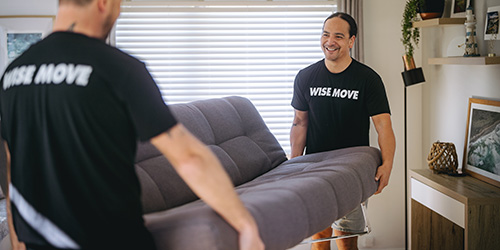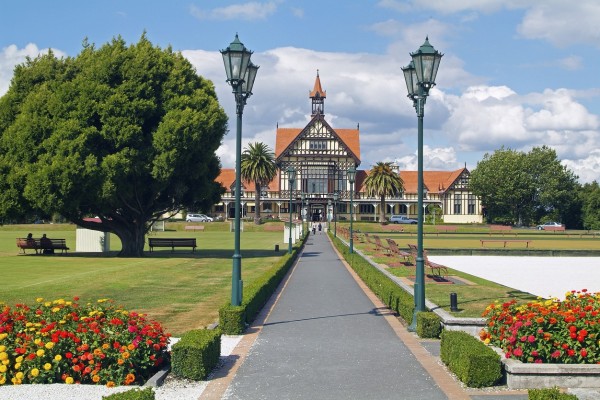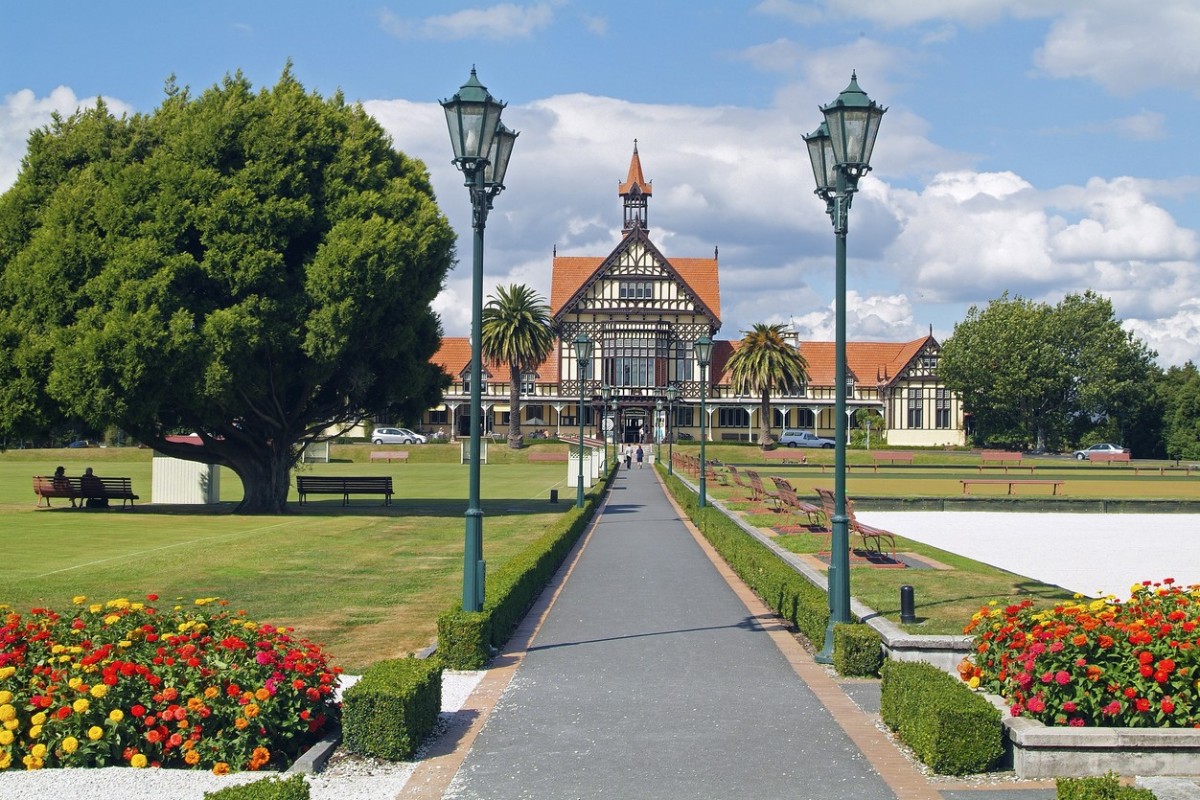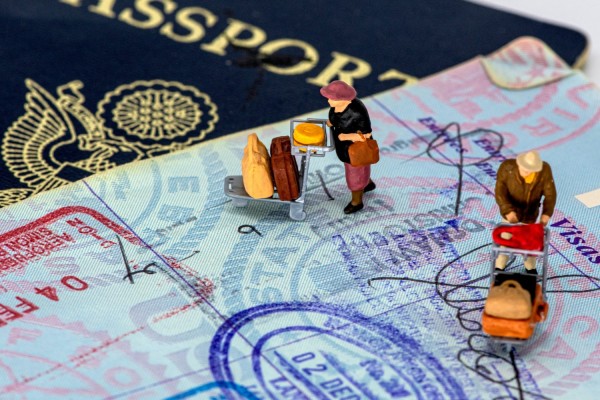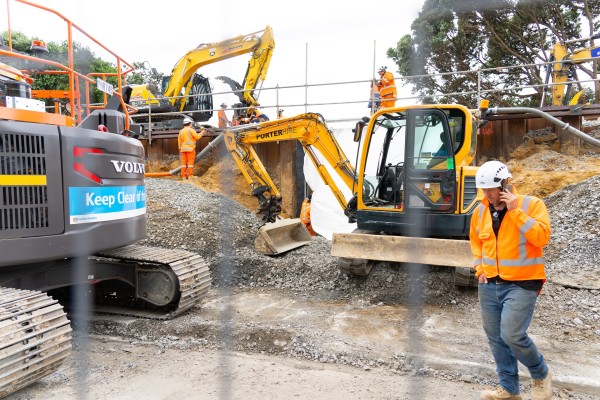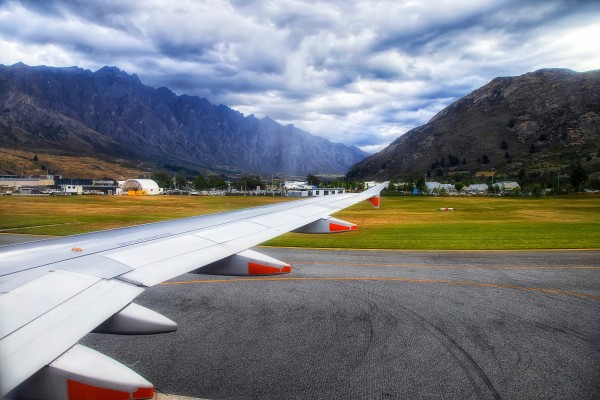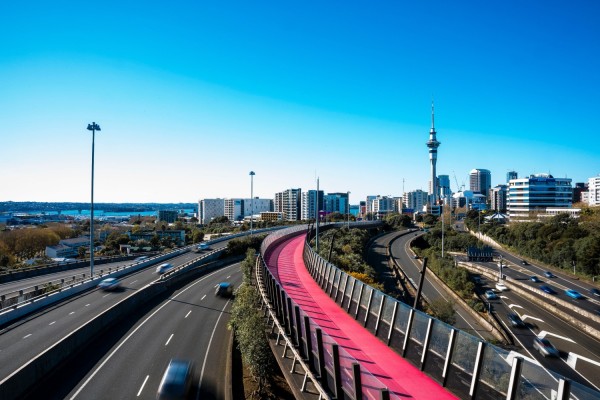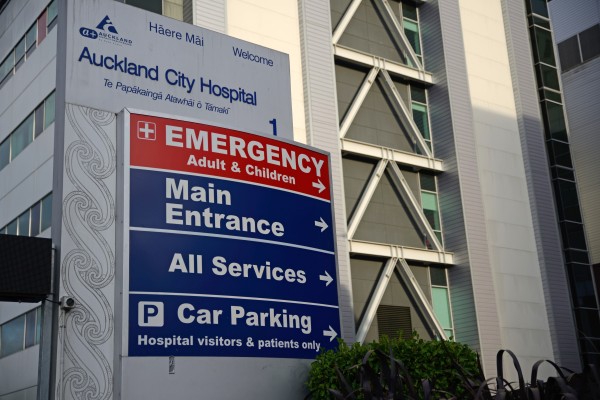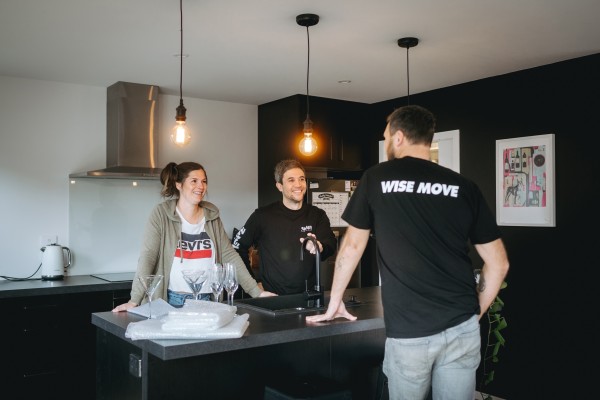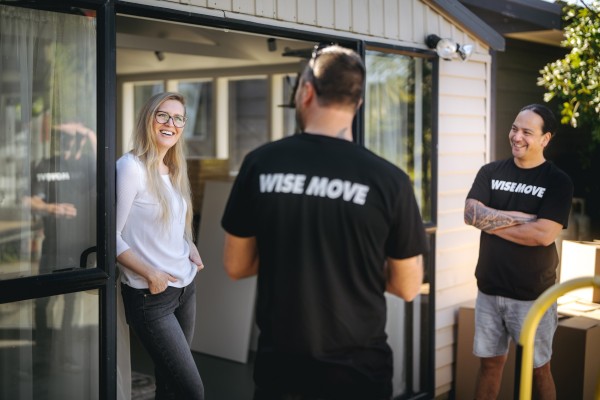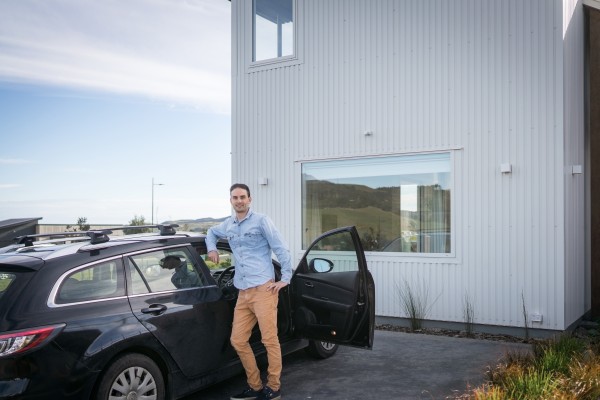The ultimate guide to moving to New Zealand

New Zealand is known for its breathtaking landscapes, liveable cities, and friendly locals. It’s no wonder our small island nation has become a top destination for those seeking a fresh start.
Whether you’re drawn by the natural beauty, the laid-back lifestyle, or the opportunity to experience a different culture, moving to New Zealand offers something for everyone.
We explore everything you need to know about making the move.
How to increase your chances of moving to New Zealand
Did you know that you can fast-track your way to moving to New Zealand if you are a skilled migrant.
The demand for skilled workers is especially high in certain sectors, increaesing your chances of gaining a job and therefore a visa.
According to the Ministry of Business, Innovation and Employment (MBIE), New Zealand’s economic growth will result in nearly 40,000 new jobs over the next five years, which means New Zealand will continue to rely on skilled workers from overseas.
What should you know before moving to New Zealand?
New Zealand is a very friendly country, however there are things that you should know before moving here.
English is the predominant language
English is the main language spoken in New Zealand and you’ll need to have a decent grasp on the language in order to get a job here.
Learn more about the differences between New Zealanad, British and American English
New Zealand can be expensive
It’s worth understanding how much money you’ll need in order to achieve what you want during your time here. You’ll likely find that the price of everyday things such as food, petrol, clothing and entertainment is a lot more expensive than Europe, the UK and the United States.
Check out our guide to grocery and food shopping in New Zealand
New Zealand drives on the left
You’ll need to know this if you plan on hiring a car or driving while you are here. Our road rules also differ from those of other countries, so it’s worth learning a bit about the New Zealand road code before you get behind the wheel.
Here are some road rules that every expat should know before driving in New Zealand
Healthcare is only partially subsidised
Healthcare in New Zealand is subsidised for residents but not fully subsidised for people on temporary visas (such as the working holiday visa.) If you get into an accident you may be eligible for treatment. The Accident Compensation Corporation (ACC) provides some coverage for injuries sustained in New Zealand, regardless of your visa status. This covers emergency treatment for accidents but does not extend to illness or ongoing healthcare needs. It’s worth getting travel or health insurance before you arrive in New Zealand.
You can learn more about New Zealand's healthcare system here
New Zealand is quite far away from other countries
If you plan to work and travel internationally from New Zealand, you may want to do some research into flight prices and flight times. The closest countries to New Zealand are Australia and the Cook Islands. Flights can take around four hours from Auckland to either destination. Flights within New Zealand can also be expensive if you book them last-minute.
You are entitled to paid annual leave and sick days
If you are working in New Zealand, it’s a good idea to understand your entitlements. You are entitled to a minimum of four weeks paid leave and ten paid sick days. In New Zealand, annual leave is earnt throughout the year. You do not have to earn sick leave.
Exploring New Zealand's Visa types
In order to be eligible for a move to New Zealand, you’ll need to qualify for a visa. Here are the most common types available to migrants.
Visitor Visa
If you’re visiting New Zealand as a tourist, a visitor visa is your go-to option. This visa allows you to stay for up to 3 or 6 months, depending on your country of origin. While you can’t work on a visitor visa it’s an ideal way to experience what New Zealand is like if you have never visited before and are considering a permanent move.
- Best for: Those that want to visit before deciding on whether they want to move here
Working Holiday Visa
New Zealand's Working Holiday Visa is an excellent choice for young people who want to work in New Zealand while exploring. If you are aged between 18 and 30 (or 18 to 35 for certain countries), this visa lets you stay for up to 12 months, 23 months if you’re from Canada, and up to 36 months for UK citizens.
The Working Holiday Visa offers is one of the fastest and most straightforward visas to get approved for. It allows you to work and travel for one to two years.
- Best for: Adults under 30 (or 35 for certain countries) who want to work and travel
Resident Visas
If you’re looking to make New Zealand your permanent home, there are several resident visa options available. One popular choice is the Skilled Migrant Category Resident Visa, which operates on a points-based system. Applicants must submit an Expression of Interest (EOI), and successful candidates are invited to apply for residency. This visa is often used by skilled workers already employed in New Zealand on temporary work visas.
- Best for: Skilled migrants or people who want to transition from a temporary visa
Learn about moving to New Zealand as a healthcare professional here
Work Visas
If you have a job offer in New Zealand and want to work, you can apply for a work visa. One key work visa is the Accredited Employer Work Visa (AEWV), which allows certain employers to hire migrant workers. Employers go through a rigorous accreditation process to make sure they meet New Zealand’s standards to protect workers from exploitation.
As a migrant worker, if you’ve received a job offer from an accredited employer and have the necessary skills and qualifications, you can apply for an AEWV.
Best for: Those with job offers from an accredited employer
Still not sure what visa is right for you? Use the Immigration New Zealand website to find the right visa for your age, country of origin and job status.
How to apply for your visa to New Zealand
Getting started with your New Zealand visa application may seem overwhelming, but fortunately the New Zealand Immigration website makes it quite straightforward.
-
Start by creating an account on the official New Zealand Immigration website. This is where you’ll be submitting all your documents and how you’ll keep track of the status of your application.
-
Make sure to gather all necessary documents ahead of time—this includes your passport, medical exam results, and any supporting documents like job offers or school acceptance letters. Submit these documents via the portal.
-
Once you have applied for your visa, you’ll be assigned an immigration agent who will go through your documentation. Once your documents have been reviewed your visa will either be approved, or you’ll be asked to provide more supporting information. Don’t panic. This is normal, particularly if you are being sponsored by a partner or if you have underlying health conditions. Once you’ve supplied the new information, your case will be re-reviewed.
-
Usually, once your visa has been reviewed you’ll need to move to New Zealand within a particular time frame. At this stage, you can start booking flights and looking for jobs or accommodation.
What to do before you move to New Zealand
You don’t have to wait until you arrive in New Zealand to start planning your move. In fact, the more prep you do before you get here the easier you may find it to settle in.
Start looking for jobs from abroad
If you don’t have a job, you can start looking and applying for roles. You can also contact recruiters to help you get started. As long as you have a definite date of arrival in New Zealand, applying for jobs from overseas won’t hurt your chances of getting an interview.
Book accommodation for your first week
You’ll need accommodation for the first week or two before you arrive. Most people opt to stay in a backpackers or an Air BnB. New Zealand towns can get very busy over the summer, so it’s important to book your accomodation in advance.
Start looking for a rental
Most people who move to New Zealand will opt for renting at first. It’s common for single people (or couples) to move into a shared flat with other people. This also helps to keep the cost of your weekly rent and bills down and makes things more affordable. One of the easiest ways to find a flat while overseas is to reach out to people on Facebook. Most New Zealand cities have a ‘Flatmates wanted’ page. Again, having a clear idea of what date you can move in will make you a more appealing candidate.
Get your documents in order
Before you leave your country of origin for good, make sure you have the original copies of the following documents. This will make it easier for applying for things like a bank account, or getting a New Zealand drivers licence.
-
Vaccination certificates
-
Your birth certificate
-
Your marriage certificate
-
Your academic qualifications
-
References from previous employers
-
Your CV (Curriculum Vitae/Resume)
-
Credit references
-
An international driver’s licence or permit
What do our customers say?




For every (wise)move
